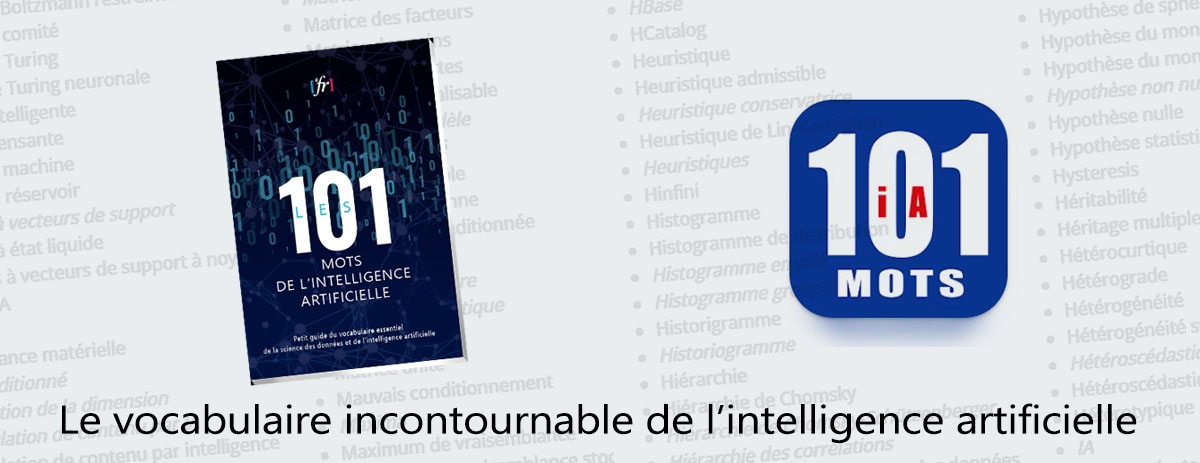Computational creativity
en construction
Définition
Français
Anglais
Computational creativity
Computational creativity (also known as artificial creativity, mechanical creativity, creative computing or creative computation) is a multidisciplinary endeavour that is located at the intersection of the fields of artificial intelligence, cognitive psychology, philosophy, and the arts.
The goal of computational creativity is to model, simulate or replicate creativity using a computer, to achieve one of several ends:[citation needed]
To construct a program or computer capable of human-level creativity. To better understand human creativity and to formulate an algorithmic perspective on creative behavior in humans. To design programs that can enhance human creativity without necessarily being creative themselves.
The field of computational creativity concerns itself with theoretical and practical issues in the study of creativity. Theoretical work on the nature and proper definition of creativity is performed in parallel with practical work on the implementation of systems that exhibit creativity, with one strand of work informing the other.

Contributeurs: wiki






